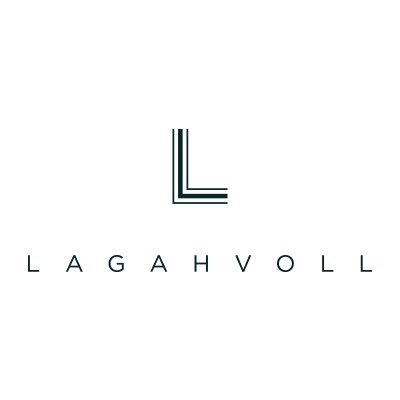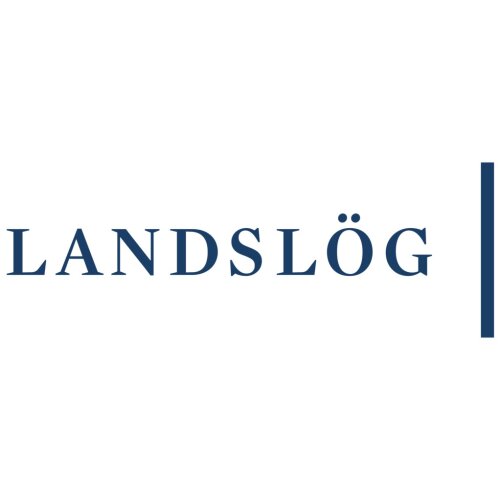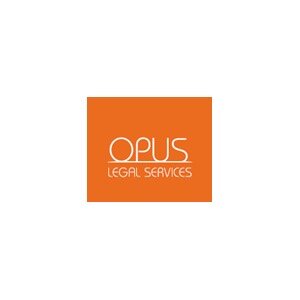Best Foreclosure Lawyers in Iceland
Share your needs with us, get contacted by law firms.
Free. Takes 2 min.
Free Guide to Hiring a Real Estate Lawyer
Or refine your search by selecting a city:
List of the best lawyers in Iceland
About Foreclosure Law in Iceland
Foreclosure in Iceland involves legal processes where creditors seek to recover the balance of a loan from borrowers who have stopped making payments. When borrowers default on their mortgage obligations, lenders may take legal action to sell the property securing the loan. This process is governed by Icelandic law, which ensures that both lenders and borrowers have their rights protected during foreclosure proceedings. Iceland's legal system aims to provide fair resolutions while mitigating the negative impact on the homeowner's rights.
Why You May Need a Lawyer
There are several scenarios in which an individual may require legal assistance in dealing with foreclosure in Iceland:
- A borrower faces the threat of foreclosure and needs guidance on their rights and options.
- A lender intends to initiate foreclosure proceedings and requires legal advice to ensure compliance with legal requirements.
- Complex legal documentation and procedures necessitate professional interpretation and handling.
- A homeowner considers challenging the foreclosure based on legal grounds, such as improper procedures by the lender.
- The need for negotiation between debtor and creditor to reach a settlement or restructure debt obligations.
Local Laws Overview
Icelandic foreclosure law is influenced by various statutes and regulations designed to balance the interests of both borrowers and lenders. Key aspects include:
- Strict adherence to the legal process for initiating foreclosure, including proper notice and the opportunity for the debtor to respond.
- Protections for the primary residence, as Icelandic law seeks to prevent individuals from losing their home without due cause.
- The involvement of courts in foreclosure proceedings to ensure unbiased oversight and fair treatment.
- Provisions for debt settlement or restructure, allowing debtors to potentially manage their obligations outside of court.
Frequently Asked Questions
What is foreclosure?
Foreclosure is a legal process by which a lender seeks to recover the amount owed on a defaulted loan by selling the property used as collateral.
Can a lender foreclose immediately after a missed payment?
No, lenders must follow a legal process, including providing adequate notice and an opportunity for the borrower to cure the default or negotiate a settlement.
How can I stop a foreclosure in Iceland?
Engaging a lawyer early is crucial; they can explore options such as negotiating with the lender, disputing the foreclosure, or restructuring the debt.
Are there protections for homeowners in Iceland?
Yes, Icelandic law offers protections, especially for primary residences. Legal processes must be followed, and opportunities for dispute resolution are available.
Is foreclosure a public process in Iceland?
Foreclosure proceedings typically involve the courts, which are public venues, making the process somewhat public. However, specifics are generally kept confidential between the parties involved.
What happens if my home is sold for less than I owe?
The remaining balance after the sale is considered a deficiency, and lenders may pursue collection unless an agreement states otherwise, or legal protections apply.
How long does the foreclosure process take in Iceland?
The duration can vary based on factors like court schedules, cooperation between parties, and the complexity of the case, but the process does have defined timelines according to law.
Can I appeal a foreclosure decision?
Yes, parties involved typically have the right to appeal decisions made in foreclosure proceedings, provided the appeal is made within a legally specified timeframe.
Can foreclosure be avoided through bankruptcy?
Filing for bankruptcy may temporarily halt foreclosure proceedings. However, legal advice should be sought to understand the implications based on individual circumstances.
Are there alternatives to foreclosure in Iceland?
Yes, alternatives include negotiating loan modifications, seeking debt restructuring, or arranging short sales to satisfy the debt.
Additional Resources
Individuals seeking more information on foreclosure in Iceland may find the following resources helpful:
- The Icelandic Financial Supervisory Authority (FME) provides regulatory guidance and information.
- The Icelandic Consumer Agency offers support and guidance for consumers facing financial difficulties.
- Local legal aid societies may offer pro bono or reduced-cost services for those unable to afford private legal counsel.
Next Steps
If you find yourself in need of legal assistance regarding foreclosure in Iceland, consider taking the following steps:
- Consult a lawyer experienced in foreclosure law to understand your rights and options.
- Gather all relevant documentation, including loan agreements, communication with lenders, and any court notices.
- Explore potential settlements or debt restructuring options with your lender with the help of your legal advisor.
- Stay informed about your legal rights and obligations throughout the foreclosure process.
- Consider reaching out to consumer protection agencies or legal aid services for additional support if necessary.
Lawzana helps you find the best lawyers and law firms in Iceland through a curated and pre-screened list of qualified legal professionals. Our platform offers rankings and detailed profiles of attorneys and law firms, allowing you to compare based on practice areas, including Foreclosure, experience, and client feedback.
Each profile includes a description of the firm's areas of practice, client reviews, team members and partners, year of establishment, spoken languages, office locations, contact information, social media presence, and any published articles or resources. Most firms on our platform speak English and are experienced in both local and international legal matters.
Get a quote from top-rated law firms in Iceland — quickly, securely, and without unnecessary hassle.
Disclaimer:
The information provided on this page is for general informational purposes only and does not constitute legal advice. While we strive to ensure the accuracy and relevance of the content, legal information may change over time, and interpretations of the law can vary. You should always consult with a qualified legal professional for advice specific to your situation.
We disclaim all liability for actions taken or not taken based on the content of this page. If you believe any information is incorrect or outdated, please contact us, and we will review and update it where appropriate.
Browse foreclosure law firms by city in Iceland
Refine your search by selecting a city.













